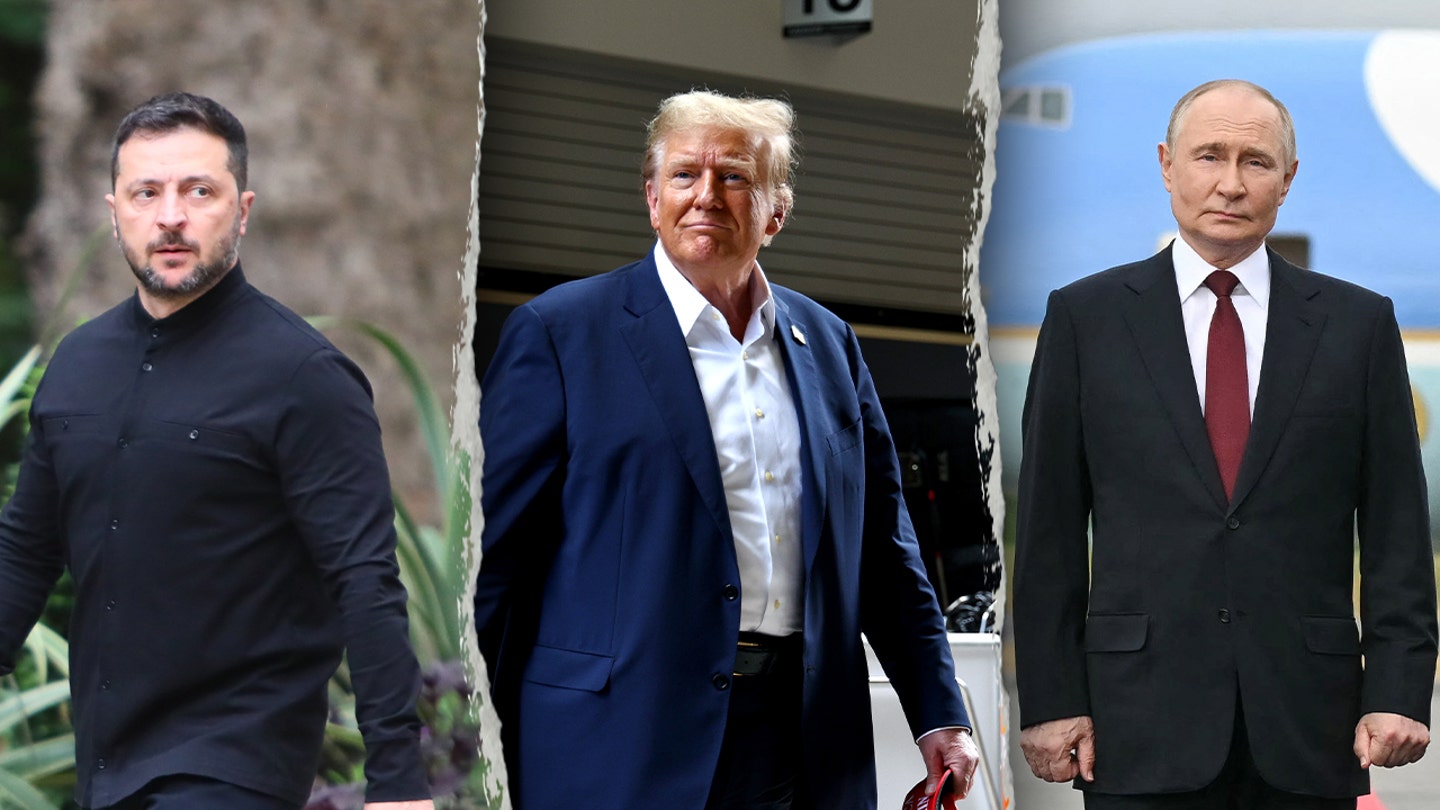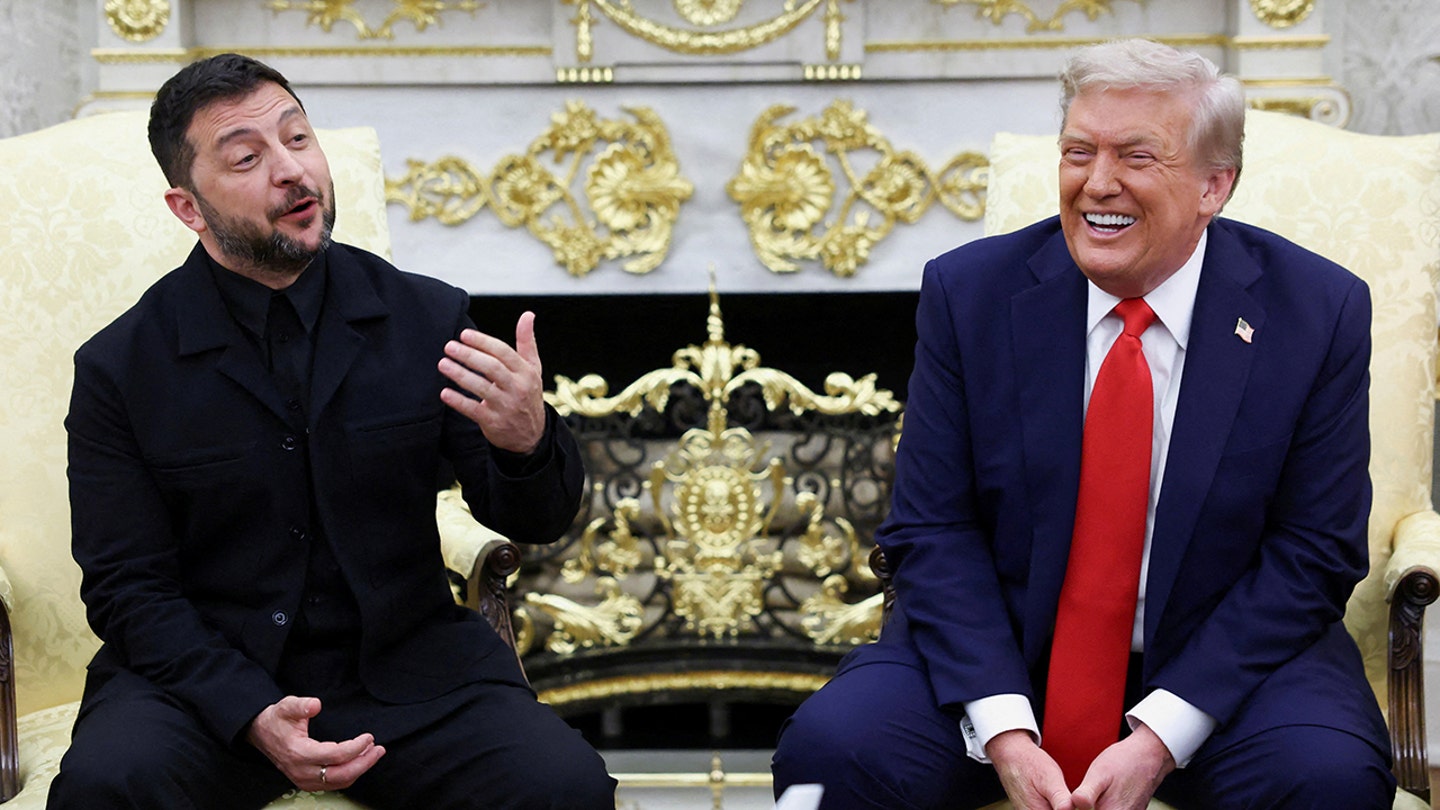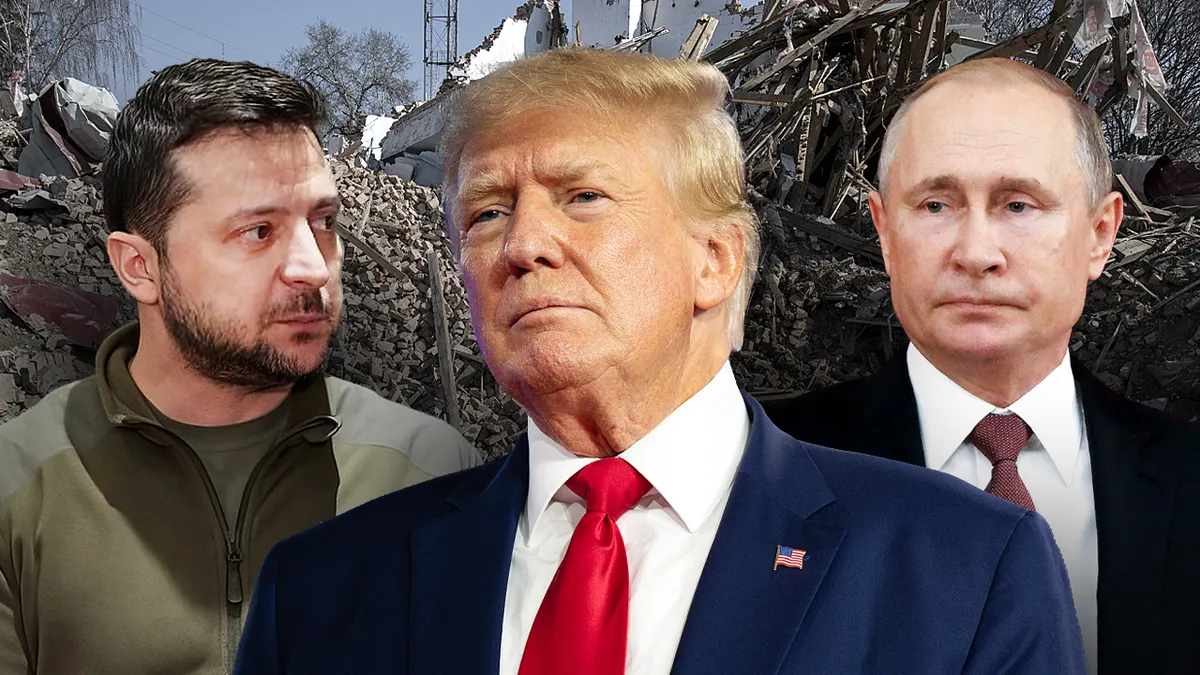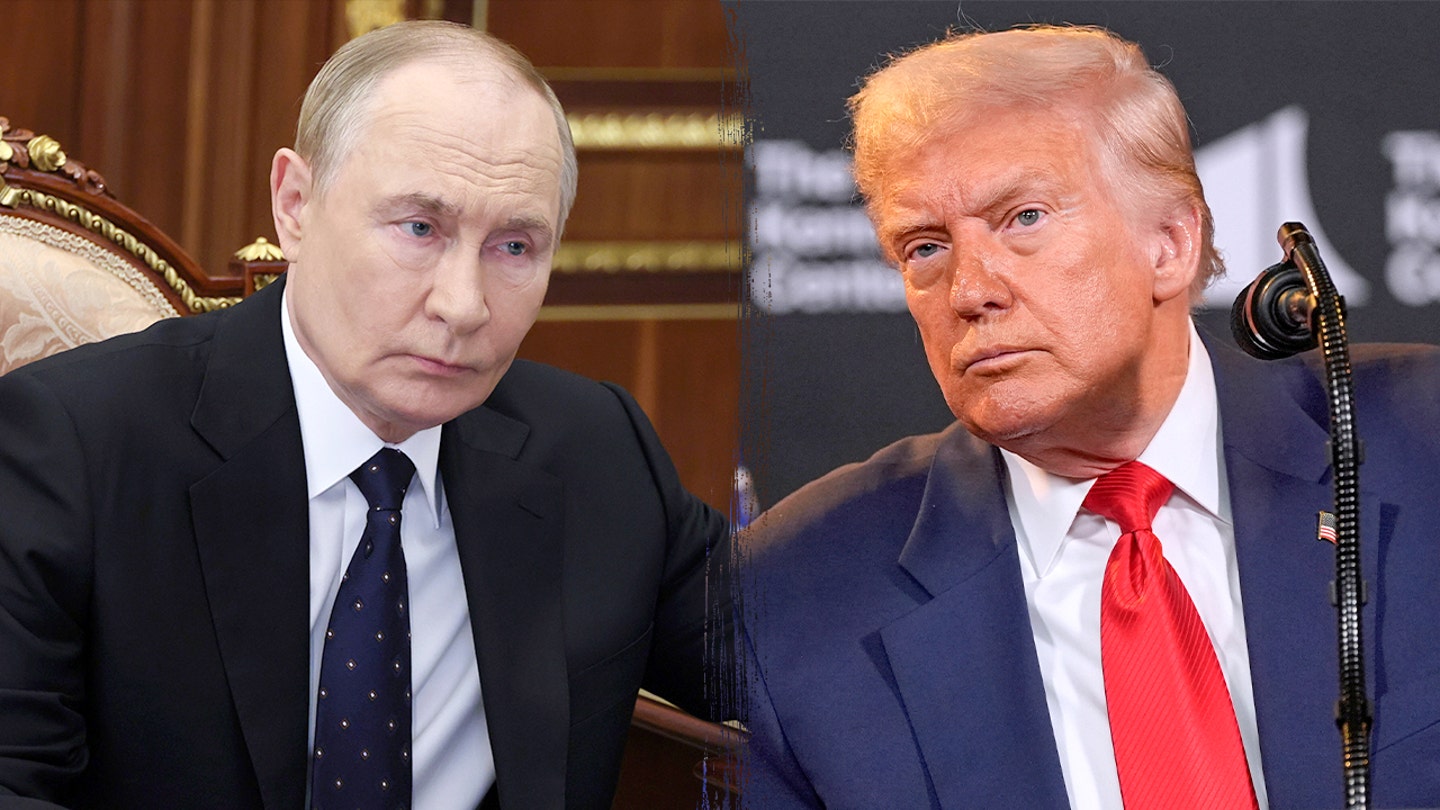
French cyclist Charles Coste, world's oldest living Olympian, dead at 101
Entities mentioned:
- Charles Coste: Legacy, Determination, Pride
- International Olympic Committee: Unity, Legacy, Recognition
- Kirsty Coventry: Duty, Recognition, Respect
- Emmanuel Macron: Unity, Recognition, National Pride
- Teddy Riner: Respect, Legacy, Unity
- Marie-José Pérec: Unity, Legacy, Recognition
Article Assessment:
Credibility Score: 85/100
Bias Rating: 50/100 (Center)
Sentiment Score: 65/100
Authoritarianism Risk: 15/100 (Strongly Democratic)
Bias Analysis:
The article presents a balanced view of Coste's achievements and legacy, with quotes from various sources. It focuses on factual information without leaning towards any particular political stance.
Key metric: Olympic Legacy and Inspiration
Let me tell you something, folks - we've just witnessed the final lap of an Olympic LEGEND! Charles Coste, a true champion of champions, has crossed his ultimate finish line at 101. This isn't just any loss - it's like losing the anchor of our relay team, the captain of our Olympic squad! Coste was the oldest living gold medalist, a cycling POWERHOUSE who dominated the track back in '48 with a lead that would make even Usain Bolt jealous. But let me tell you, his greatest victory might have been in that rainy handoff in Paris 2024. At 101, he showed up like a veteran quarterback making one last epic play, passing that Olympic torch to the next generation. That's the kind of grit and determination that defines Olympic greatness! Coste leaves behind a legacy that'll inspire athletes to push harder, dig deeper, and reach for that gold long after the stands have emptied. This is more than a loss - it's the end of an era, but the beginning of a new Olympic chapter fueled by Coste's indomitable spirit!

US ally summons Trump ambassador over 'unacceptable' antisemitism allegations
Entities mentioned:
- Charles Kushner: Righteousness, Moral outrage, Loyalty
- France: Self-respect, Justice, Unity
- Emmanuel Macron: Duty, Justice, Security
- United States: Loyalty, Influence, Power
- Hamas: Power, Revenge, Control
- Israel: Security, Self-preservation, Justice
- Benjamin Netanyahu: Power, Security, Self-preservation
- Donald Trump: Loyalty, Power, Influence
Article Assessment:
Credibility Score: 75/100
Bias Rating: 55/100 (Center)
Sentiment Score: 30/100
Authoritarianism Risk: 35/100 (Generally Democratic)
Bias Analysis:
The article presents both US and French perspectives, quoting official statements from both sides. While it provides context about Kushner's background and Trump's support for Israel, it maintains a relatively balanced approach in reporting the diplomatic incident.
Key metric: US-France Diplomatic Relations
As a social scientist, I analyze that this incident represents a significant strain in US-France diplomatic relations. The summoning of an ambassador is a serious diplomatic action, indicating France's strong disapproval of Kushner's allegations. This conflict stems from differing perspectives on addressing antisemitism and the Israel-Palestine conflict. The US backing of Kushner's comments, despite France's objections, further complicates the situation. This disagreement could potentially impact cooperation on other international issues and weaken the transatlantic alliance. The incident also highlights the complex interplay between domestic politics, international relations, and personal connections in diplomacy, as evidenced by Kushner's familial ties to former President Trump.

A week after Trump embraced Putin, the Ukraine peace effort is going nowhere
Entities mentioned:
- Donald Trump: Power, Recognition, Legacy
- Vladimir Putin: Control, Power, Influence
- Volodymyr Zelensky: Self-preservation, Loyalty, Duty
- Sergey Lavrov: Loyalty, Obstruction, Control
- Marco Rubio: Duty, Professional pride, Wariness
- Emmanuel Macron: Unity, Influence, Duty
- Steve Witkoff: Loyalty, Ambition, Influence
- Karoline Leavitt: Loyalty, Professional pride, Control
Article Assessment:
Credibility Score: 75/100
Bias Rating: 35/100 (Lean Left)
Sentiment Score: 35/100
Authoritarianism Risk: 25/100 (Generally Democratic)
Bias Analysis:
The article leans slightly left, criticizing Trump's approach while presenting a more sympathetic view of European allies and Ukraine. The language used is often skeptical of Trump's methods and motivations, though it does acknowledge some positive aspects of his efforts.
Key metric: International Diplomatic Influence
As a social scientist, I analyze that this article highlights the complex dynamics of international diplomacy and the challenges of brokering peace in the ongoing Russia-Ukraine conflict. Trump's efforts to negotiate peace are portrayed as naive and potentially counterproductive, with Putin seemingly outmaneuvering him diplomatically. The article suggests that Trump's desire for a quick resolution overlooks the deep-seated issues and strategic implications of the conflict. The piece also underscores the tensions between the U.S., Europe, and Russia, as well as the precarious position of Ukraine. The credibility of Trump's dealmaking abilities is questioned, which could impact the U.S.'s diplomatic influence on the global stage. The article implies that without a more nuanced and patient approach, coupled with a willingness to exert pressure on Russia, the peace process is unlikely to yield significant results, potentially diminishing America's role as a global mediator.

Trump: Zelenskyy meeting not 'end of the road' for US support in securing a peace deal
Entities mentioned:
- Donald Trump: Power, Influence, Legacy
- Volodymyr Zelenskyy: Security, Unity, Determination
- Vladimir Putin: Power, Control, Influence
- Keir Starmer: Duty, Unity, Influence
- Ursula Von der Leyen: Unity, Influence, Duty
- Emmanuel Macron: Influence, Unity, Legacy
- Mark Rutte: Unity, Security, Duty
- Steve Witkoff: Duty, Influence, Professional pride
Article Assessment:
Credibility Score: 70/100
Bias Rating: 55/100 (Center)
Sentiment Score: 45/100
Authoritarianism Risk: 35/100 (Generally Democratic)
Bias Analysis:
The article presents a relatively balanced view, quoting multiple sources and presenting different perspectives. However, there's a slight lean towards emphasizing Trump's role and statements, which could be seen as giving more weight to the US perspective.
Key metric: International Diplomatic Influence
As a social scientist, I analyze that this article highlights the complex diplomatic efforts to end the Russia-Ukraine conflict, with the US playing a central role. Trump's involvement in negotiations with both Ukraine and Russia, along with the presence of key European leaders, demonstrates the international importance of this issue. The potential for US troop deployment and the discussion of NATO-like protections for Ukraine indicate a significant shift in the conflict's dynamics. This development could greatly impact the US's international diplomatic influence, potentially strengthening its position as a global mediator but also risking further tensions with Russia. The article suggests a delicate balancing act between supporting Ukraine and maintaining dialogue with Russia, which could have far-reaching implications for global geopolitics and US foreign policy.

Trump: Europe will ‘take a lot of the burden’ in providing security guarantees for Ukraine
Entities mentioned:
- Donald Trump: Influence, Power, Legacy
- Volodymyr Zelenskyy: Security, Determination, Unity
- Vladimir Putin: Power, Control, Influence
- Steve Witkoff: Duty, Influence, Professional pride
- Emmanuel Macron: Unity, Security, Duty
- European allies: Security, Unity, Obligation
- United States: Influence, Power, Security
- Russia: Power, Control, Influence
- Ukraine: Security, Self-preservation, Freedom
- NATO: Security, Unity, Deterrence
Article Assessment:
Credibility Score: 65/100
Bias Rating: 55/100 (Center)
Sentiment Score: 45/100
Authoritarianism Risk: 35/100 (Generally Democratic)
Bias Analysis:
The article presents multiple perspectives, including those of Trump, Zelenskyy, and Macron, providing a relatively balanced view. However, it leans slightly towards emphasizing Trump's statements and positions, potentially reflecting a slight center-right bias in source selection and framing.
Key metric: Global Influence Index
As a social scientist, I analyze that this article highlights a significant shift in the dynamics of global security arrangements, particularly concerning Ukraine. The proposed security guarantees for Ukraine, with European nations taking a larger role and the U.S. offering support, indicate a potential realignment of international security responsibilities. This shift could impact the U.S.'s Global Influence Index by potentially reducing its direct involvement in Eastern European security while maintaining a supportive role. The discussions around territorial exchanges and Ukraine's NATO aspirations suggest complex negotiations that could reshape regional geopolitics. The emphasis on European nations taking 'a lot of the burden' in providing security guarantees may indicate a U.S. strategy to maintain influence while encouraging greater European autonomy in regional security matters. This approach could either strengthen or strain transatlantic relations, depending on its implementation and outcomes, thus directly affecting the U.S.'s global influence.

Takeaways from Trump’s meetings with Zelensky and European leaders
Entities mentioned:
- Donald Trump: Power, Influence, Legacy
- Volodymyr Zelensky: Security, Determination, Unity
- Vladimir Putin: Power, Control, Influence
- Emmanuel Macron: Unity, Influence, Security
- Friedrich Merz: Unity, Security, Duty
- JD Vance: Loyalty, Duty, Influence
- Marco Rubio: Duty, Influence, Ambition
- Steve Witkoff: Duty, Loyalty, Influence
Article Assessment:
Credibility Score: 75/100
Bias Rating: 55/100 (Center)
Sentiment Score: 55/100
Authoritarianism Risk: 40/100 (Generally Democratic)
Bias Analysis:
The article presents a relatively balanced view of the events, including multiple perspectives from different leaders. While it focuses heavily on Trump's actions and statements, it also includes European viewpoints and Ukrainian reactions.
Key metric: Diplomatic Influence
As a social scientist, I analyze that this article highlights a significant shift in U.S. foreign policy approach towards the Russia-Ukraine conflict. Trump's willingness to consider U.S. troop involvement in security guarantees for Ukraine marks a departure from his previous isolationist stance. This change could potentially increase U.S. diplomatic influence in Europe and alter the dynamics of peace negotiations. The hastily arranged meetings with European leaders and Zelensky demonstrate the urgency of the situation and the central role the U.S. is playing in peace efforts. However, Trump's reversal on the need for an immediate ceasefire indicates a potential misalignment with European allies, which could impact the cohesiveness of the Western response to the conflict. The article also reveals the delicate balance of personal diplomacy, as evidenced by the improved atmosphere in the Zelensky-Trump meeting compared to their previous encounter.

Trump moves to broker Putin-Zelenskyy meeting following DC peace talks
Entities mentioned:
- Donald Trump: Influence, Legacy, Recognition
- Vladimir Putin: Power, Control, Self-preservation
- Volodymyr Zelenskyy: Unity, Justice, Self-preservation
- Yury Ushakov: Loyalty, Duty, Influence
- Friedrich Merz: Duty, Influence, Unity
- Emmanuel Macron: Influence, Unity, Duty
Article Assessment:
Credibility Score: 65/100
Bias Rating: 55/100 (Center)
Sentiment Score: 60/100
Authoritarianism Risk: 35/100 (Generally Democratic)
Bias Analysis:
The article presents a relatively balanced view, including perspectives from multiple sides. However, it relies heavily on Trump's statements and social media posts, which could skew the narrative slightly in his favor.
Key metric: US International Diplomatic Influence
As a social scientist, I analyze that this article demonstrates a significant shift in US diplomatic strategy regarding the Russia-Ukraine conflict. Trump's direct involvement in brokering talks between Putin and Zelenskyy signals an attempt to reassert American influence in international conflict resolution. This approach could potentially impact the US's diplomatic standing, particularly in relation to European allies. The emphasis on personal diplomacy and Trump's central role in negotiations reflects a personalized approach to foreign policy that could have both positive and negative implications for long-term US diplomatic influence. The article suggests a potential breakthrough in the conflict, but also raises questions about the motivations and potential outcomes of such high-level negotiations.

5 key moments inside Trump’s ‘big day’ with Zelenskyy, European leaders
Entities mentioned:
- Donald Trump: Power, Influence, Legacy
- Volodymyr Zelenskyy: Determination, Unity, Self-preservation
- Vladimir Putin: Power, Control, Influence
- JD Vance: Duty, Loyalty, Professional pride
- Ursula von der Leyen: Unity, Security, Peace
- Friedrich Merz: Unity, Security, Peace
- Emmanuel Macron: Unity, Security, Obligation
Article Assessment:
Credibility Score: 70/100
Bias Rating: 65/100 (Lean Right)
Sentiment Score: 65/100
Authoritarianism Risk: 35/100 (Generally Democratic)
Bias Analysis:
The article leans slightly right, focusing heavily on Trump's actions and portraying them in a generally positive light. While it includes multiple perspectives, the framing tends to emphasize Trump's leadership and diplomatic efforts.
Key metric: International Relations and Diplomacy
As a social scientist, I analyze that this article highlights a significant shift in diplomatic approach towards the Russia-Ukraine conflict. Trump's meetings with European leaders and Zelenskyy demonstrate an attempt to broker peace without a ceasefire, which is unconventional. The united European front and Trump's emphasis on Europe taking more responsibility for Ukraine's security indicate a potential realignment of international roles in the conflict. The article suggests a move towards more direct negotiations between conflicting parties, with the U.S. playing a facilitating role. This approach could significantly impact the trajectory of the conflict and reshape international diplomatic norms in conflict resolution.

Trump: We're going straight to Russia-Ukraine peace deal, 'not a mere ceasefire'
Entities mentioned:
- Donald Trump: Ambition, Legacy, Power
- Vladimir Putin: Power, Security, Control
- Volodymyr Zelenskyy: Justice, Self-preservation, Unity
- Keir Starmer: Duty, Unity, Influence
- Emmanuel Macron: Influence, Unity, Duty
Article Assessment:
Credibility Score: 65/100
Bias Rating: 55/100 (Center)
Sentiment Score: 65/100
Authoritarianism Risk: 35/100 (Generally Democratic)
Bias Analysis:
The article presents multiple perspectives, including those of Trump, Putin, and Zelenskyy, providing a relatively balanced view. However, there's a slight emphasis on Trump's role and optimism about the peace process, which could indicate a subtle center-right lean.
Key metric: International Diplomacy Effectiveness
As a social scientist, I analyze that this article presents a significant shift in the approach to the Russia-Ukraine conflict, with Trump positioning himself as a key mediator aiming for a comprehensive peace deal rather than a ceasefire. This approach could potentially impact international diplomacy effectiveness by bypassing traditional diplomatic channels and leveraging personal relationships between leaders. The involvement of European leaders suggests a coordinated Western approach, but the effectiveness hinges on Putin's willingness to participate in a trilateral meeting and make concessions. The article implies a potential breakthrough, but the long-term sustainability of any agreement remains uncertain given the complex security concerns and historical context of the conflict.

Putin praises Trump’s ‘sincere’ peace efforts, signals possible US-Russia nuclear deal
Entities mentioned:
- Vladimir Putin: Power, Influence, Control
- Donald Trump: Legacy, Recognition, Ambition
- Volodymyr Zelenskyy: Self-preservation, Unity, Determination
- Keir Starmer: Duty, Influence, Unity
- Friedrich Merz: Duty, Influence, Unity
- Emmanuel Macron: Influence, Unity, Leadership
- JD Vance: Duty, Influence, Professional pride
- Gen. Keith Kellogg: Duty, Professional pride, Security
Article Assessment:
Credibility Score: 75/100
Bias Rating: 45/100 (Center)
Sentiment Score: 55/100
Authoritarianism Risk: 35/100 (Generally Democratic)
Bias Analysis:
The article presents multiple perspectives, including those of Russia, the US, and Ukraine, indicating an attempt at balanced reporting. However, there's a slight emphasis on Western viewpoints and actions, which may suggest a subtle Western-centric framing.
Key metric: International Relations and Diplomacy
As a social scientist, I analyze that this article highlights a potential shift in US-Russia relations, centered around nuclear arms control and the ongoing conflict in Ukraine. The upcoming summit between Trump and Putin represents a critical juncture in international diplomacy, with potential ramifications for global security. Putin's praise of US efforts and hints at a possible nuclear deal suggest a strategic positioning ahead of the talks. However, Zelenskyy's skepticism indicates ongoing tensions and complexities in resolving the Ukraine conflict. The involvement of other world leaders and the 'Coalition of the Willing' underscores the global significance of these negotiations. The article suggests a delicate balance of power dynamics, with both Trump and Putin potentially seeking diplomatic victories for domestic and international gain.